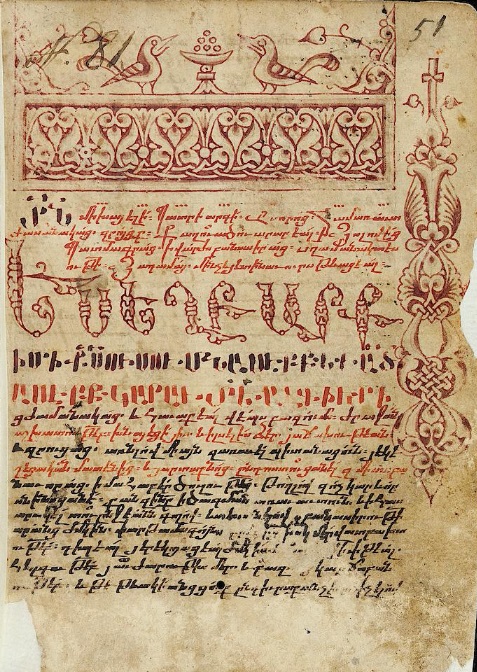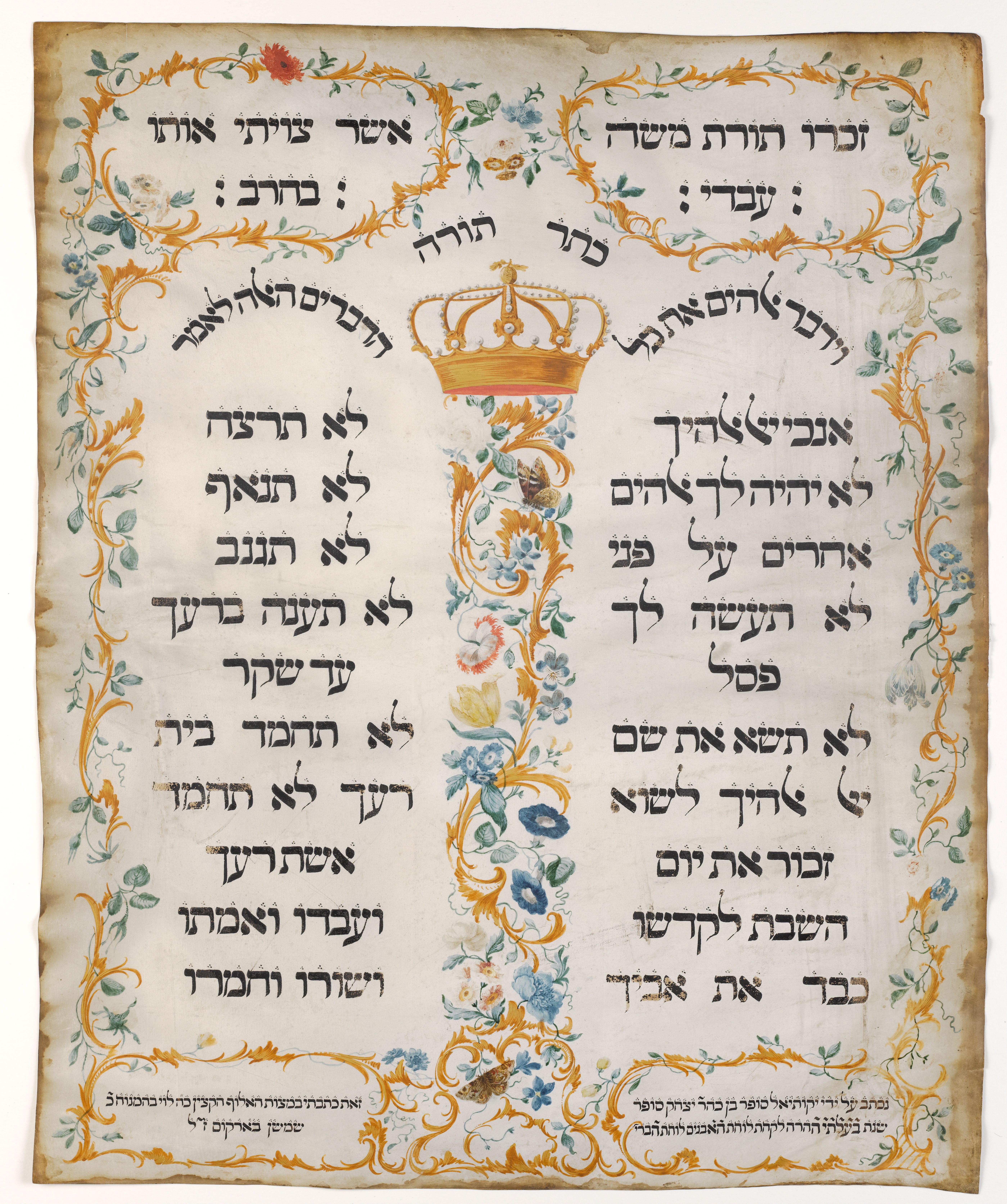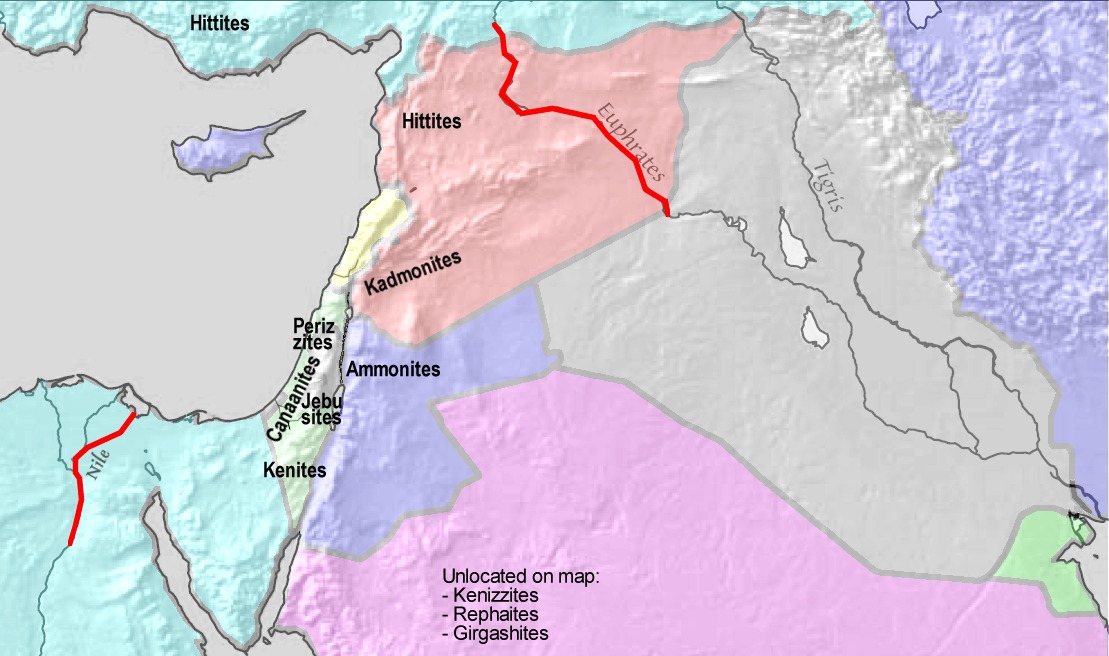|
Pharaoh's Daughter (Exodus)
The Pharaoh's daughter () in the story of the finding of Moses in the biblical Book of Exodus is an important, albeit minor, figure in Abrahamic religions. Though some variations of her story exist, the general consensus among Jews, Christians, and Muslims is that she is the adoptive mother of the prophet Moses. Muslims identify her with Asiya, the Great Royal Wife of the pharaoh. In either version, she saved Moses from certain death from both the Nile river and from the Pharaoh. As she ensured the well-being of Moses throughout his early life, she played an essential role in lifting the Hebrew slaves out of bondage in Egypt, their journey to the Promised Land, and the establishment of the Ten Commandments. Her name Exodus 2:5 does not give a name to Pharaoh's daughter or to her father; she is referred to in Hebrew as Baṯ-Parʿo (), "daughter of Pharaoh." The Book of Jubilees 47:5 and Josephus both call her Thermouthis (), also transliterated as Tharmuth and Thermutis, the ... [...More Info...] [...Related Items...] OR: [Wikipedia] [Google] [Baidu] |
Solomon
Solomon (), also called Jedidiah, was the fourth monarch of the Kingdom of Israel (united monarchy), Kingdom of Israel and Judah, according to the Hebrew Bible. The successor of his father David, he is described as having been the penultimate ruler of all Twelve Tribes of Israel under an amalgamated History of ancient Israel and Judah, Israel and Judah. The hypothesized dates of Solomon's reign are from 970 to 931 BCE. According to the biblical narrative, after Solomon's death, his son and successor Rehoboam adopted harsh policies towards the northern Israelites, who then rejected the reign of the Davidic line, House of David and sought Jeroboam as their king. In the aftermath of Jeroboam's Revolt, the Israelites were split between the Kingdom of Israel (Samaria), Kingdom of Israel in the north (Samaria) and the Kingdom of Judah in the south (Judea); the Bible depicts Rehoboam and the rest of Solomon's Patrilineality#In the Bible, patrilineal descendants ruling over independent ... [...More Info...] [...Related Items...] OR: [Wikipedia] [Google] [Baidu] |
Asiya
Asiya bint Muzahim () was, according to the Qur'an and Islamic tradition, the wife of the Pharaoh of the Exodus and adoptive mother of Moses. Asiya is first mentioned in Surah Al-Qasas in the Quran, identified as Bithiah in the Jewish tradition. She is revered by Muslims as one of the four greatest women of all time, and according to a prophetic narration in Sahih al-Bukhari, the second greatest ever after Mary.Muhmmad al-Bukhari. Sahih Al-Bukhari Translated into English Prose by Muhammad Muhsin Khan.Hadith 7.329 She is believed to have secretly accepted monotheism after witnessing the miracle of Moses. The tradition holds that Asiya worshipped Allah in secret and hid her religion from her husband. However, later her faith was revealed and the Pharaoh ordered her execution. Al-Tha'labi believed that the continent of Asia was named after her. Narrative In Sahih Bukhari, the Prophet said "Many men were completed n faith and only Asiya, the wife of Pharaoh, and Maryam ... [...More Info...] [...Related Items...] OR: [Wikipedia] [Google] [Baidu] |
Michael The Syrian
Michael the Syrian (),(), died AD 1199, also known as Michael the Great () or Michael Syrus or Michael the Elder, to distinguish him from his nephew, was a patriarch of the Syriac Orthodox Church from 1166 to 1199. He is best known today as the author of the largest medieval ''Chronicle'', which he wrote in the Syriac language. Some other works and fragments written by him have also survived. Life Early years The life of Michael is recorded by Bar Hebraeus. He was born ca. 1126 in Melitene (today Malatya), the son of the Priest Eliya (Elias), of the Qindasi family. His uncle, the monk Athanasius, became bishop of Anazarbus in Cilicia in 1136. At that period Melitene was part of the kingdom of the Turkoman Danishmend dynasty, and, when that realm was divided in two in 1142, it became the capital of one principality. In 1178 it became part of the Sultanate of Rûm. The Jacobite monastery of Mor Bar Sauma was close to the town, and had been the patriarchal seat since the ... [...More Info...] [...Related Items...] OR: [Wikipedia] [Google] [Baidu] |
Maris
Maris may refer to: Personal names *Māris (name), a Latvian masculine given name, including a list of people with the name * Maris (given name), including a list of people and mythical or fictional characters * Maris (surname), including a list of people and fictional characters * Maris the Great, a promotional performance artist based in Denver, Colorado Places * al-Maris in medieval Nubia * El Maris, Egypt * Maris Nunatak, a small coastal nunatak in Antarctica * Via Maris, a trade route dating from the early Bronze Age, linking Egypt with Iran, Iraq, Turkey and Syria * Maris, the Latin name of the Mureș River, as mentioned by Herodotus in 484 BC Mythology *Maris (mythology), an Etruscan god of agriculture Other uses * the Mari people * MARIS Maritime Archeological Research Institute at Södertörn University, Sweden * the planet Mars See also * Mares (other) * Maris Otter, a variety of barley * Maris Piper, Maris Peer and Maris Bard - varieties of potato * Maris W ... [...More Info...] [...Related Items...] OR: [Wikipedia] [Google] [Baidu] |
Artapanus Of Alexandria
Artapanus of Alexandria (Gk. Ἀρτάπανος ὁ Ἀλεξανδρεύς) was a historian, of Alexandrian Jewish origin, who is believed to have lived in Alexandria, during the later half of the 3rd or 2nd century BCE. Although most scholars assume Artapanus lived in Alexandria, others argue he resided in the countryside. Regardless, Artapanus lived in Egypt. Artapanus wrote ''Concerning The Jews'', a history of the Jews, in Greek between 250 and 100 BCE, but this text has not survived to the present. Artapanus’s writings may be interpreted as a response to those such as Manetho writing as early as the 3rd century BCE; therefore, Artapanus most likely wrote no earlier than the middle of the 3rd century. It is arguable that Artapanus wrote in the second half of the 3rd century BCE under the influence of Ptolemy IV Philopator’s reign between 221 and 204 BCE; however, Alexander Polyhistor’s citation of Artapanus in the middle of the 1st century BCE makes it likely that Ar ... [...More Info...] [...Related Items...] OR: [Wikipedia] [Google] [Baidu] |
Egyptian Cobra
The Egyptian cobra (''Naja haje'') is one of the most venomous species of snakes in North Africa. It averages roughly in length; the longest specimen recorded so far measured . Etymology and taxonomy ''Naja haje'' was first described by Swedish zoologist Carl Linnaeus in 1758. The generic name ''naja'' is a Latinisation of the Sanskrit word () meaning " cobra". The specific epithet ''haje'' is derived from the Arabic word ''ḥayya'' () which literally means "snake". The snouted cobra (''Naja annulifera'') and Anchieta's cobra (''Naja anchietae'') were formerly regarded as subspecies of ''Naja haje'', but have since been shown to be distinct species. The Arabian populations were long recognised as a separate subspecies, ''Naja haje arabica'', and the black populations from Morocco sometimes as ''Naja haje legionis''. A recent study found that the Arabian cobra constitutes a separate species, ''Naja arabica'', whereas the subspecies ''legionis'' was synonymised with ''N. ... [...More Info...] [...Related Items...] OR: [Wikipedia] [Google] [Baidu] |
Renenutet
Renenūtet (also transliterated Ernūtet, Renen-wetet, Renenet) was a goddess of grain, grapes, nourishment and the harvest in the ancient Egyptian religion. The importance of the harvest caused people to make many offerings to Renenutet during harvest time. Initially, her cult was centered in Terenuthis. Renenutet was depicted as a cobra or as a woman with the head of a cobra. The verbs "to fondle, to nurse, or rear" help explain the name Renenutet. This goddess was a "nurse" who took care of the pharaoh from birth to death. She was also called "the mistress of provisions", "Renenutet mistress of the offerings", "Renenutet mistress of the food", and "Renenutet the venerable of the double granary", and "who maintains everybody". She was the female counterpart of Shai, "destiny", who represented the positive destiny of the child. Renenutet was called Thermouthis or Hermouthis in Greek. She embodied the fertility of the fields (both the vegetation and the soil itself) and was t ... [...More Info...] [...Related Items...] OR: [Wikipedia] [Google] [Baidu] |
Josephus
Flavius Josephus (; , ; ), born Yosef ben Mattityahu (), was a Roman–Jewish historian and military leader. Best known for writing '' The Jewish War'', he was born in Jerusalem—then part of the Roman province of Judea—to a father of priestly descent and a mother who claimed Hasmonean royal ancestry. He initially fought against the Roman Empire during the First Jewish–Roman War as general of the Jewish forces in Galilee, until surrendering in AD 67 to the Roman army led by military commander Vespasian after the six-week siege of Yodfat. Josephus claimed the Jewish messianic prophecies that initiated the First Jewish–Roman War made reference to Vespasian becoming Roman emperor. In response, Vespasian decided to keep him as a slave and presumably interpreter. After Vespasian became emperor in AD 69, he granted Josephus his freedom, at which time Josephus assumed the Emperor's family name of '' Flavius''. Flavius Josephus fully defected to the Roman s ... [...More Info...] [...Related Items...] OR: [Wikipedia] [Google] [Baidu] |
Book Of Jubilees
The Book of Jubilees is an ancient Jewish apocryphal text of 50 chapters (1,341 verses), considered canonical by the Ethiopian Orthodox Tewahedo Church, as well as by Haymanot Judaism, a denomination observed by members of Ethiopian Jewish community. Jubilees is considered one of the pseudepigrapha by the Eastern Orthodox, Catholic, and Protestant churches. Harris, Stephen L., ''Understanding the Bible''. Palo Alto: Mayfield. 1985. Apart from Haymanot, the book is not considered canonical within any of the denominations of Judaism. It was well known to early Christians, as evidenced by the writings of Epiphanius, Justin Martyr, Origen, Diodorus of Tarsus, Isidore of Alexandria, Isidore of Seville, Eutychius of Alexandria, John Malalas, George Syncellus, and George Kedrenos. The text was also utilized by the community that collected the Dead Sea Scrolls. No complete Hebrew, Greek or Latin version is known to have survived, but the Geʽez version is an accurate trans ... [...More Info...] [...Related Items...] OR: [Wikipedia] [Google] [Baidu] |
Ten Commandments
The Ten Commandments (), or the Decalogue (from Latin , from Ancient Greek , ), are religious and ethical directives, structured as a covenant document, that, according to the Hebrew Bible, were given by YHWH to Moses. The text of the Ten Commandments appears in three markedly distinct versions in the Bible: at Exodus , Deuteronomy , and the " Ritual Decalogue" of Exodus . The biblical narrative describes how God revealed the Ten Commandments to the Israelites at Mount Sinai amidst thunder and fire, gave Moses two stone tablets inscribed with the law, which he later broke in anger after witnessing the worship of a golden calf, and then received a second set of tablets to be placed in the Ark of the Covenant. Scholars have proposed a range of dates and contexts for the origins of the Decalogue. “Three main dating schemes have been proposed: (1) it was suggested that the Decalogue was the earliest legal code given at Sinai, with Moses as author, and the Amphictyony con ... [...More Info...] [...Related Items...] OR: [Wikipedia] [Google] [Baidu] |
Promised Land
In the Abrahamic religions, the "Promised Land" ( ) refers to a swath of territory in the Levant that was bestowed upon Abraham and his descendants by God in Abrahamic religions, God. In the context of the Bible, these descendants are originally understood to have been the Israelites, whose forefather was Jacob, who was a son of Abraham's son Isaac. The concept of the Promised Land largely overlaps with the Land of Israel (Zion) or the Holy Land in a biblical/religious sense and with Canaan or Palestine (region), Palestine in a secular/geographic sense. Although the Book of Numbers provides some definition for the Promised Land's boundaries, they are not delineated with precision, but it is universally accepted that the core areas lie in and around Jerusalem. According to the biblical account, the Promised Land was not inherited until the Conquest of Canaan, Israelite conquest of Canaan, which took place shortly after the Exodus. Biblical narrative The concept of the Promised ... [...More Info...] [...Related Items...] OR: [Wikipedia] [Google] [Baidu] |






